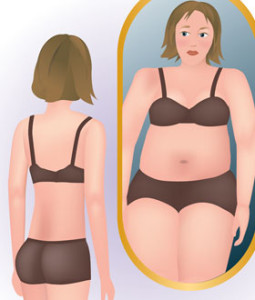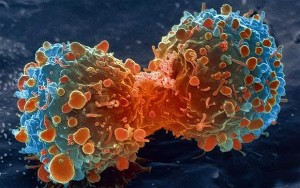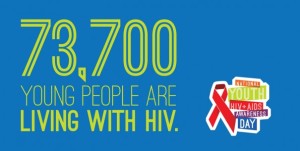Photo credit: www.deardoctor.com
Anorexia and bulimia are among some of the most common type of eating disorder. Factors are often associated with or can cause eating disorders are low-self esteem, bullying, distorted body images, food phobias, social or/and peer pressure, and more. Eating disorders are treated in combinations of doctors, therapists, consultants, and nutritionists. Also, the support of family and friends are crucial to helping someone overcome their eating disorder.
What is anorexia? It is a eating disorder where the individual does not want to eat food or not enough to keep their body weight. They often think of themselves as overweight and see themselves to not be thin enough. This can be accompanied by excessive exercising or starvation. People with anorexia are usually very underweight.
What is bulimia? It is a eating disorder where people binge eat and then either throw up the food or do extreme amount of exercises to burn the large amount of calories. People will binge eat and purge on a regular basis, which can cause serious health issues. Bulimia can cause people to develop compulsive behaviors and damage their teeth and esophagus along the way due to stomach acid. People with bulimia are usually at their body weight or overweight.
So what can you to help yourself if you are experiencing a eating disorder or someone with it?
- Always seek out professional help who can help diagnosed the eating disorder, prescribed medications, provide consultations, and if needed, get more help from other professionals.
- Get support from family and friends. They can help provide comfort and additional advices.
- The road to recovery is changing your perspective towards a more positive outlook. Learn to accept yourself for who and what you are. It is not as easily done as said, but time will heal any insecurities that you may have.





